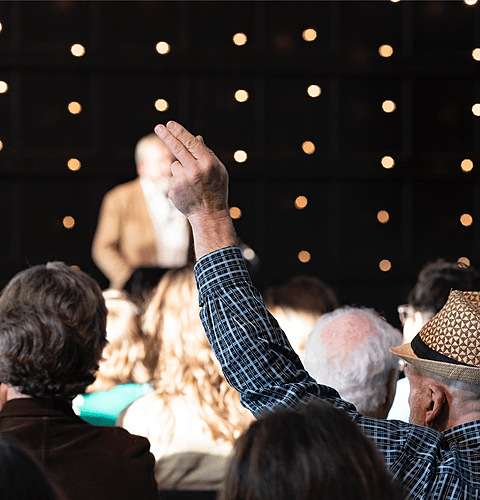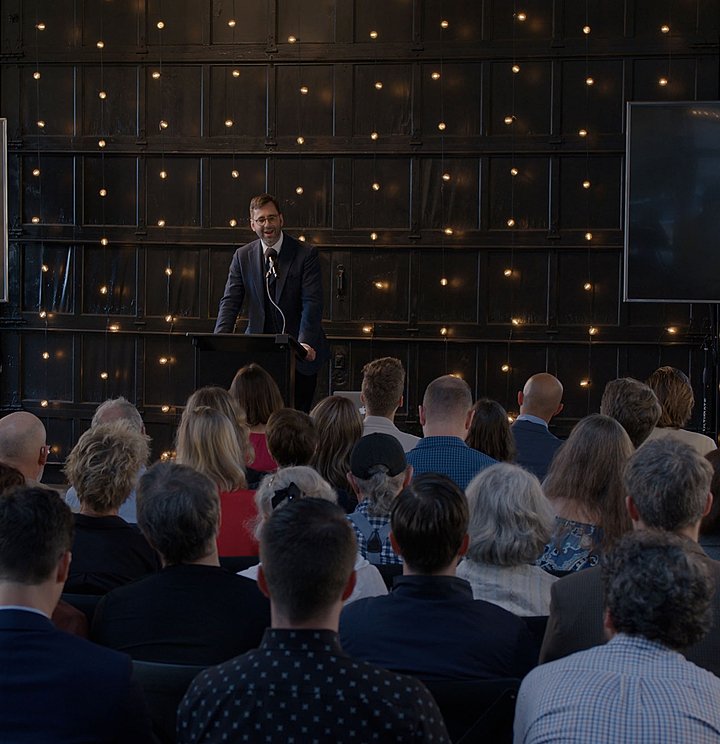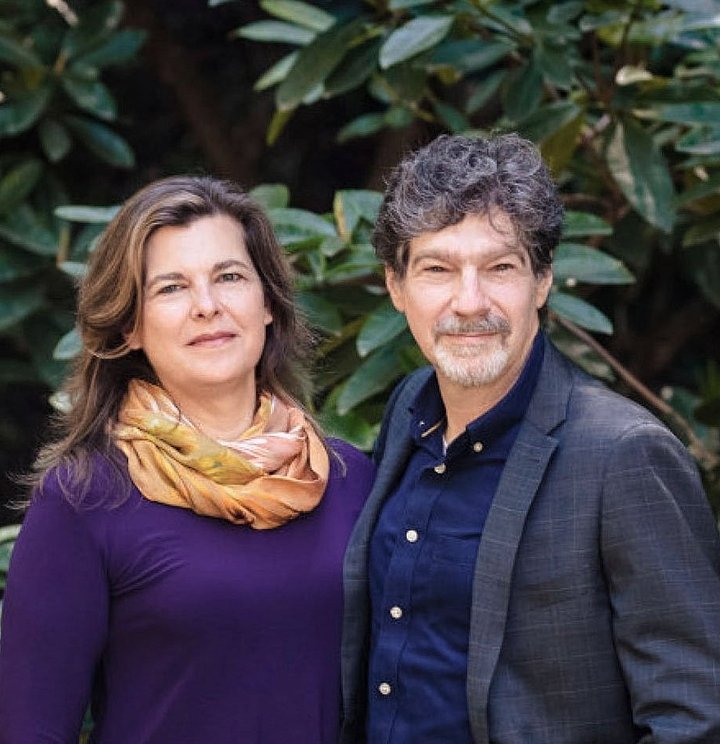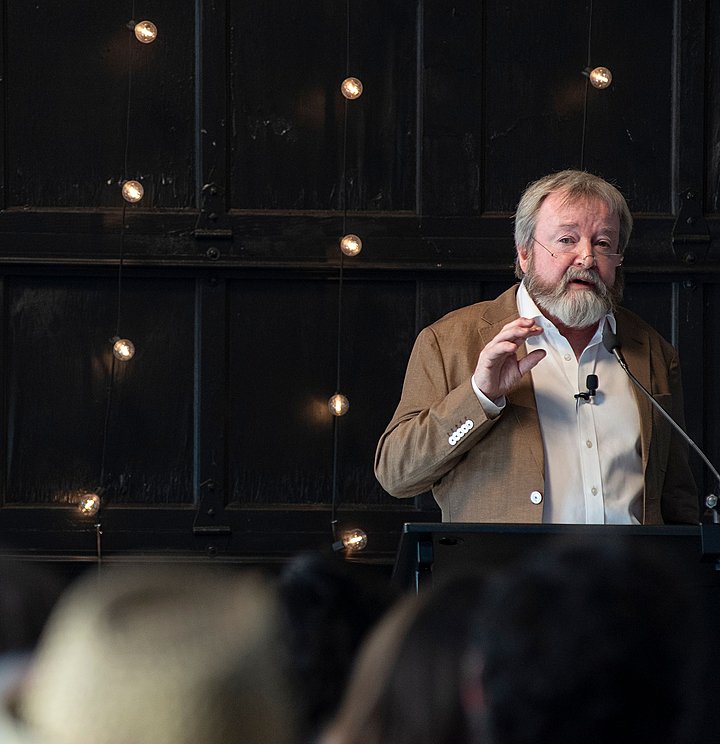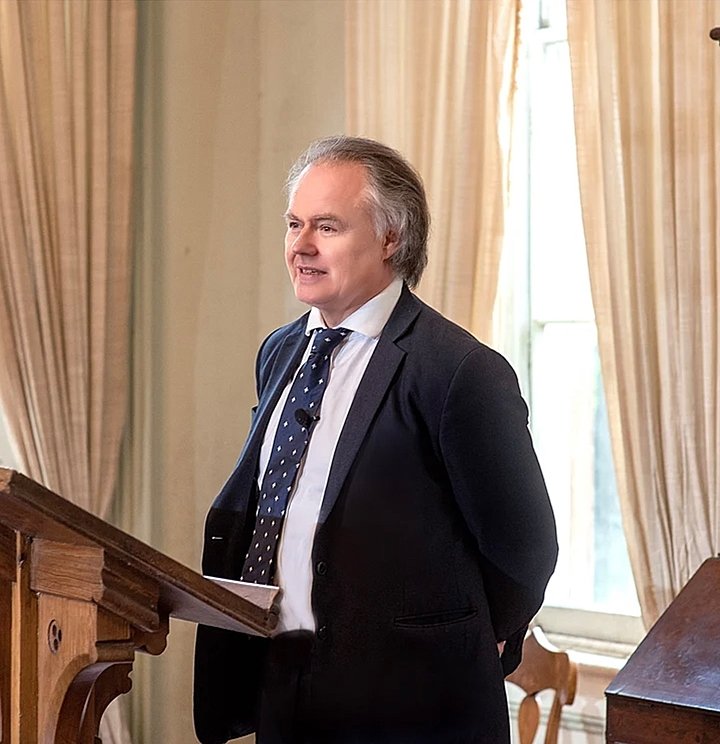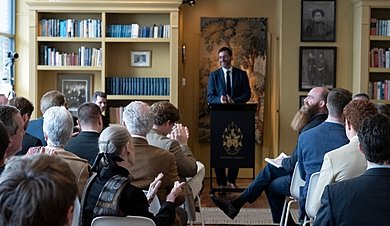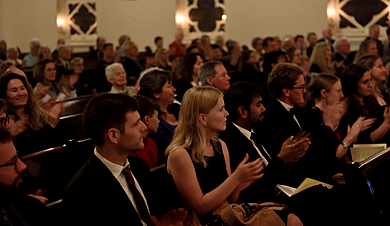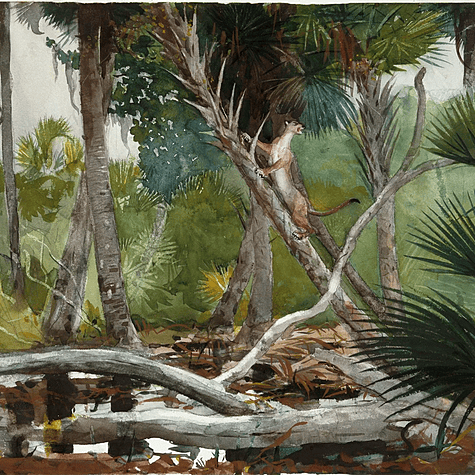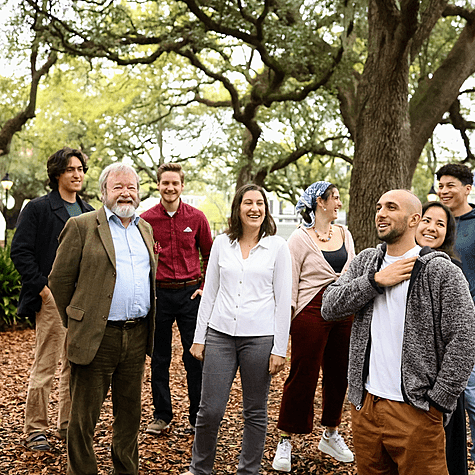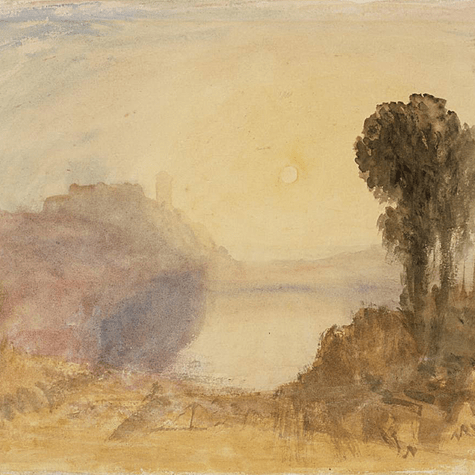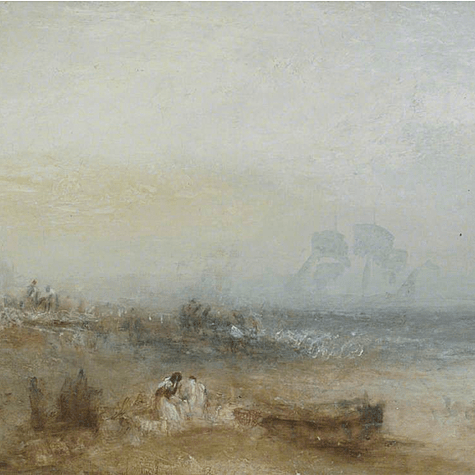The 2025 Sophia Lectures (April 9th & 10th) will draw on evolutionary biology to explore the seemingly miraculous character of nature.
Biology is the study of organic nature: our cells and our selves, our emotions and our ecosystems. In seeking to understand these fundamental realities, we can discover how abstractions, too — thought and creativity, love and justice — are the products of evolution.
Unlike the laws of physics and mathematics, which exist independently of life, everything organic is a product of evolution. Although it is not sentient, evolution creates sentience. Evolution produces forward thinking and imaginative creatures – the very things that it itself cannot be. Do we create the idea of love? We do not, as other mammals also experience love, in its earliest form — a mother’s love for her child. From there, love blossoms, expands, into romantic love, greater familial love, love between friends, and then into yet further abstractions — love of country, for instance. Of all the things that human cherish—love and justice, creativity and loyalty—are any unique to us?
Loyalty emerges from ancient realities far older than humans: all of Earth’s social, long-lived organisms with long childhoods and generational overlap show loyalty to tribe; they just don’t have language for it. And so, if loyalty isn’t a human creation, is it a creation at all? It may instead be seen as a product of evolution — something that we can discover, and create in various forms, but that pre-dates us, and so is not solely ours.
Using an evolutionary lens to interpret and make sense of our natural world, we can begin to understand who we are. Some things appear to be miraculous, but science has uncovered beautiful and true explanations for what is observed. Other things appear to be miraculous, and we have intimations of where an explanation might lie, but we do not yet know. Indeed, we may never know: some things may prove to be unknowable. In looking to science to understand our nature, we can deepen our sense of awe at all that we are.
